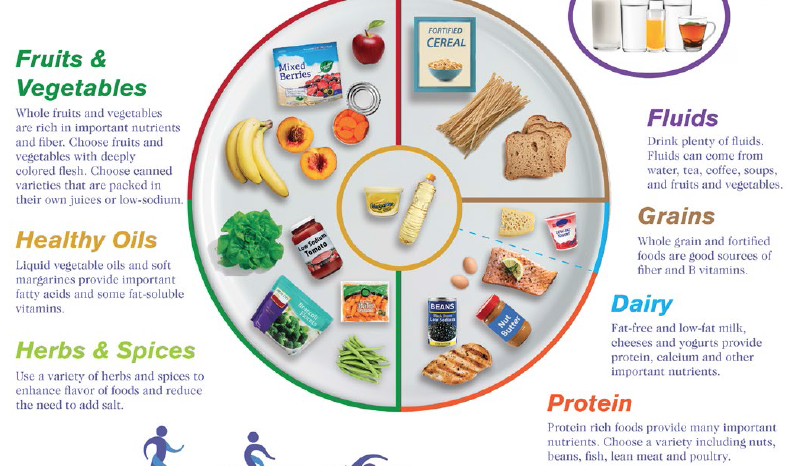
What contributes to better brain health?
International Survey with the collaboration of NKUA-Medical School
AARP (American Association of Retired Persons) / https://www.aarp.org/about-aarp/?intcmp=AE-HP-FTR-ABOUT is a nonprofit, nonpartisan, social welfare organization with a membership of nearly 38 million that helps people age 50 and older.
The Global Council on Brain Health (GCBH) / https://www.aarp.org/health/brain-health/global-council-on-brain-health/, convened by AARP with support from Age UK / https://www.ageuk.org.uk/, is an independent collaborative of scientists, health professionals, scholars and policy experts from around the world working in areas of brain health related to human cognition, trying to offer the best possible advice about what older adults can do to maintain and improve their brain health.
Eleven (11) GCBH experts from major Universities and Institutions around the world (one of them being the National and Kapodistrian University of Athens – Medical School) carefully considered what can be confidently concluded about whether and how food choices influence brain health in adults age 50 and older.
The report https://www.aarp.org/health/brain-health/global-council-on-brain-health/nutrition/ provides specific recommendations on which foods to encourage, include or limit in adults’ diets. It reports that a heart-healthy diet is also a brain-healthy diet. Also that a plant-based diet rich in green leafy vegetables and berries contributes to better brain health, while a diet high, saturated fats, sugar and salt can harm brain health.
The contribution of wine, chocolate and coffee to brain health is still unclear and a matter of scientific dispute. A choice of healthy grains is suggested, as well as replacement of butter and red meats for more olive oil and omega-3 rich fish.
https://www.aarp.org/health/brain-health/global-council-on-brain-health/nutrition/